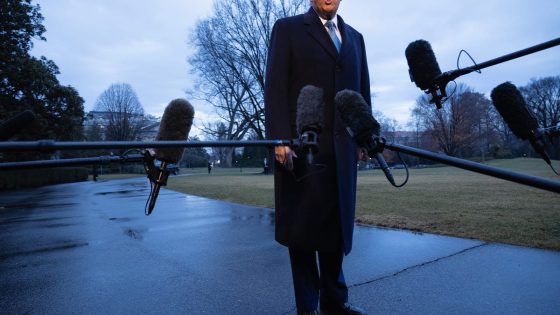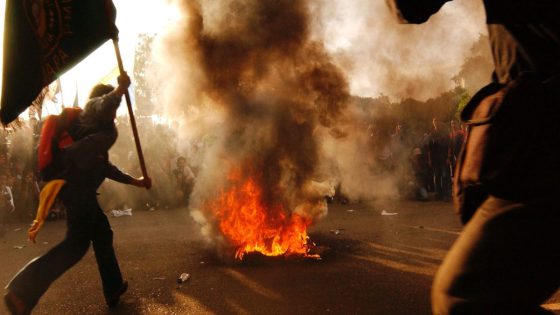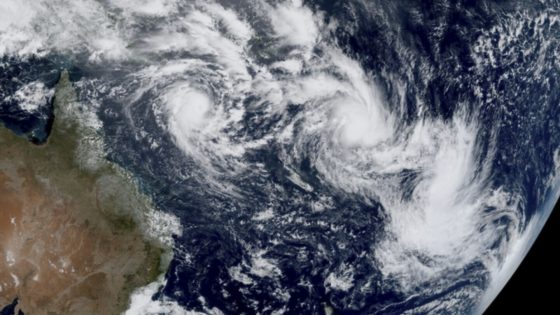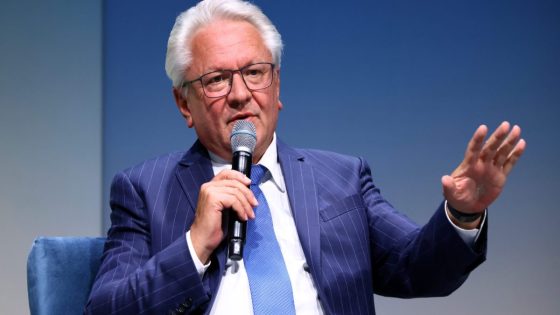On February 2, 2025, German Chancellor Olaf Scholz emphasized the importance of avoiding trade divisions caused by tariff barriers during a meeting with British Prime Minister Keir Starmer in the U.K. Scholz stated that the European Union (EU) is a strong economic area capable of taking independent actions in response to external trade pressures.
- Scholz emphasizes avoiding tariff barriers.
- Kukies advises calm during negotiations.
- Tajani warns against the tariff war's impact.
- Lange criticizes tariffs as international law violations.
- Tusk expresses concern but urges no fear.
- Verhofstadt condemns U.S. tariffs as bullying.
German Finance Minister Jörg Kukies urged a calm approach to the situation, suggesting that initial tariff decisions should be viewed as a starting point for negotiations rather than a final outcome. Other European leaders echoed similar sentiments, highlighting the need for strategic responses to U.S. tariff threats.
The backdrop of increasing tension over trade tariffs has prompted European leaders to advocate for a united front. Scholz’s remarks reflect a broader concern among EU officials about the implications of U.S. tariffs on international trade. Italian Foreign Minister Antonio Tajani also expressed caution, stating that a tariff war would be detrimental to all parties involved.
Key points from various European officials include:
- Scholz’s assertion that the EU must not create divisions through tariffs.
- Kukies’ call for calm and a focus on negotiations.
- Tajani’s emphasis on protecting European companies through strategic dialogue with the U.S.
Bernd Lange, chair of the European Parliament’s international trade committee, criticized the tariffs as violations of international law and urged the EU to prepare for defending its economic interests. Meanwhile, Polish Prime Minister Donald Tusk acknowledged concerns over recent geopolitical developments but advised against fear. Former Belgian Prime Minister Guy Verhofstadt condemned the tariffs as harmful to both the U.S. populace and its allies, insisting that the EU should not yield to U.S. pressure.
As tensions rise, European leaders are positioning themselves to respond strategically to U.S. tariff threats, emphasizing the importance of negotiation and solidarity within the EU framework.
In summary, European leaders are advocating for a measured response to U.S. tariff threats, focusing on negotiation and unity within the EU. The situation remains fluid, with ongoing discussions about how to best protect economic interests while maintaining strong international relations.

































